5 Great Tactics to Get Back Into Working out After a Long Break
Fitness might be a lifelong journey, but that doesn’t mean that you’re supposed to keep working out no matter what life might throw at you. Sometimes, you’re just too swamped with work to make it to your training sessions consistently, while other times your family obligations will prevent you from doing anything else during the day no matter how beneficial exercise is to your physical and mental health. Then there is the occasional global pandemic like the one we’re expecting right now that’s preventing you from leaving the house, let alone uphold an effective fitness routine.
Sure, you could try working out at home while you’re quarantined, but as any experienced fitness enthusiast will tell you, home workouts just aren’t that effective as your regular training sessions at the gym or with your local running group. So, here’s how you can get back to some serious training after a long break.
Find your fitness motivation
Some people exercise simply because they want to, and they don’t need any external motivation to push them towards their fitness goals. While you might have been one of those people before your break from working out, taking a long hiatus can seriously dampen your drive, zeal, and internal motivation. This is why you need to find an external source of motivation so that you can get back to training with a spring in your step and some serious determination in your heart.
Fortunately, nowadays you can find motivation almost anywhere around you. From your reflection in the mirror telling you that you need to get in shape, to the many fitness influencers on Instagram and beyond, all the way to your kids who are expecting you to be able to pick them up and play with them without busting your spine – motivation is everywhere. Be sure to use that motivation to write down your goals, and get to work.
Ease yourself into your workout routine
Of course, no matter how passionate you might feel about your fitness journey, you mustn’t overdo it during the first few weeks of training. This is the time when people are most eager to get back into their former iron-pushing, marathon-running self, but if you push yourself to hard, you are going to regress quickly, and you might even get injured. To prevent this, you have to take things slow, include CBD in your workout and post-workout routine to ease muscle soreness and pain, and manage your recovery wisely.
Don’t just throw yourself into a hectic workout schedule consisting of five weightlifting sessions and numerous HIIT workouts, instead, do only a couple of workouts for the first week, and then keep adding training sessions each following week until you reach your target workload. This has to be something that you can manage over the long term, so don’t worry if you’re not able to squeeze as many workouts into your busy week as before.
Use supplements to push through your workouts
While it is important that you tidy up your nutrition in order to make your fitness comeback a success, which we will talk about later on, it’s also important that you’re able to push through those first few weeks when your training sessions are the most demanding. This is the period when many people abandon their fitness journey, simply because they don’t have the energy to keep going, which is why you should use supplements for sustained energy expenditure.
To maximize your performance in training, consider adding a tasty pre workout supplement to your routine, and take it before your workout to get that surge of energy you need to complete the session. Pre-workout supplementation is especially important if you’re working out early in the morning or in the evening after work when you’re generally feeling fatigued.
Take fitness outside
The gym is the ultimate place to build an amazing physique, but that doesn’t mean that it’s the be-all and end-all of fitness. In fact, there are many ways you can maximize your training performance without smelling the stale gym air, such as practicing in outdoor fitness parks, for example.
Exercising under the clear blue sky is a great way to motivate yourself, imbue your mind with positivity and zeal, and most importantly, it’s a great way to stay consistent. Be sure to take your first few workouts outside, and watch as you fall back in love with fitness once more.
Don’t forget about your diet
Last but not least, you can’t expect to enjoy your comeback to the world of fitness if you’re not eating right. If you allow unhealthy foods to prevail in your diet, you can expect your training sessions to suffer and your motivation to dwindle. Before long, your unhealthy diet will prompt you to abandon your fitness journey once more, so instead of letting that happen, be sure to tidy up your diet with lean protein sources, plenty of fruits and veggies, as well as healthy fats from avocados, olive oil, and nuts and seeds.
Wrapping up
Coming back from a long break is never easy, but when you structure your new workout and lifestyle right, you’re able to get back to the grind with passion and zeal. Use these tips to make your comeback as seamless and enjoyable as possible, and set the stage for a lifetime of health and happiness.


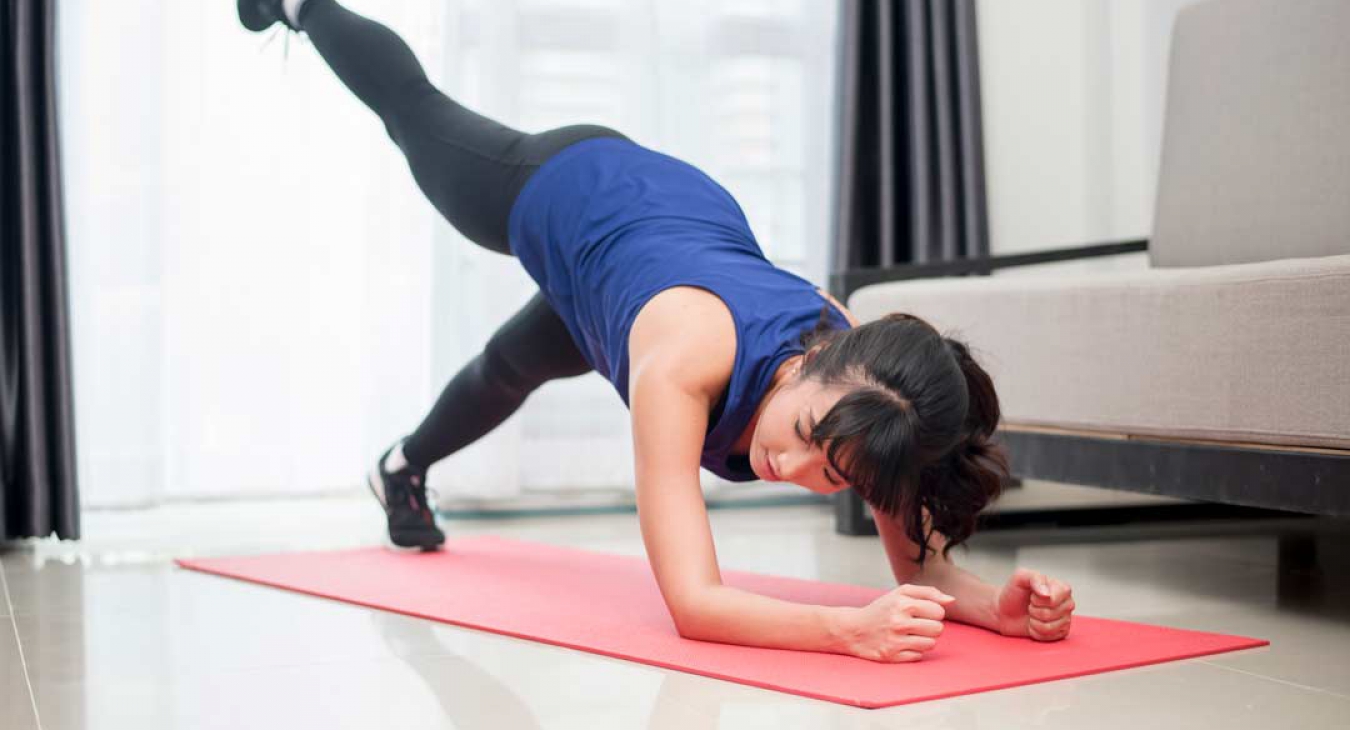
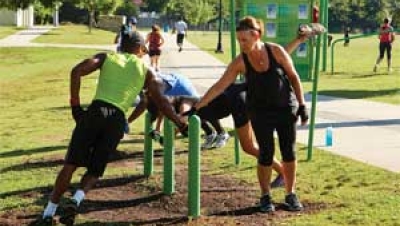

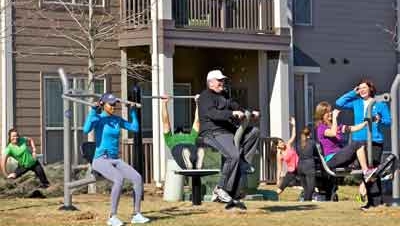
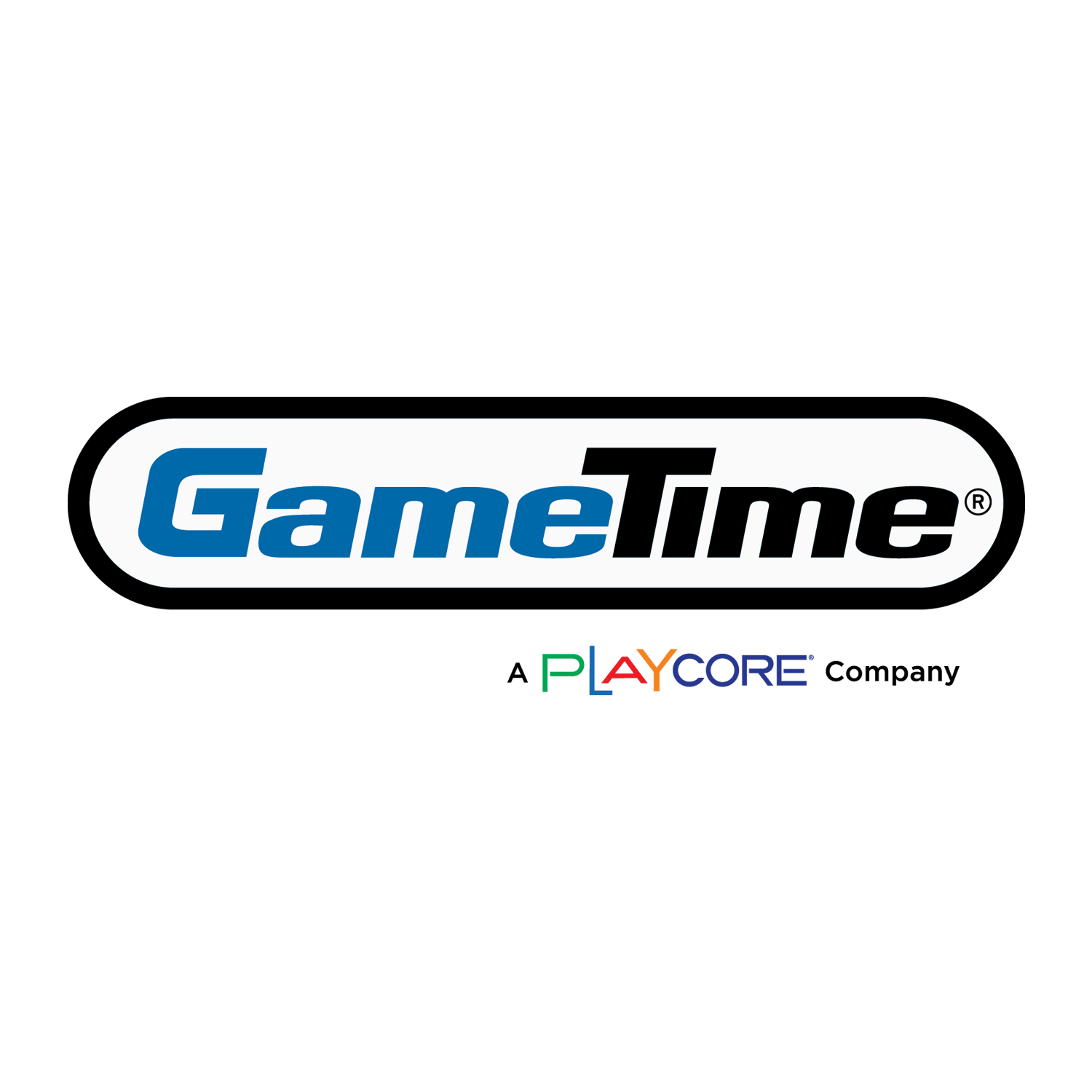


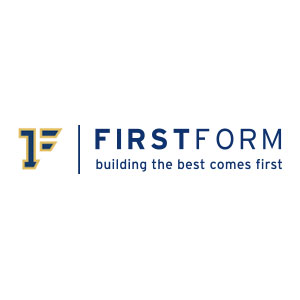
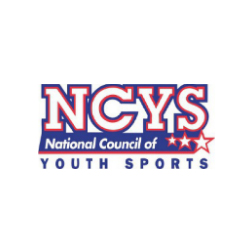
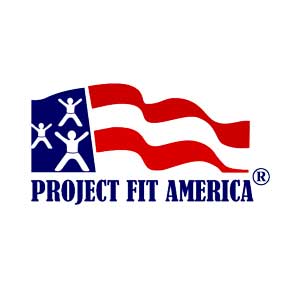

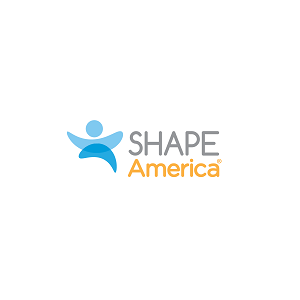

Add new comment